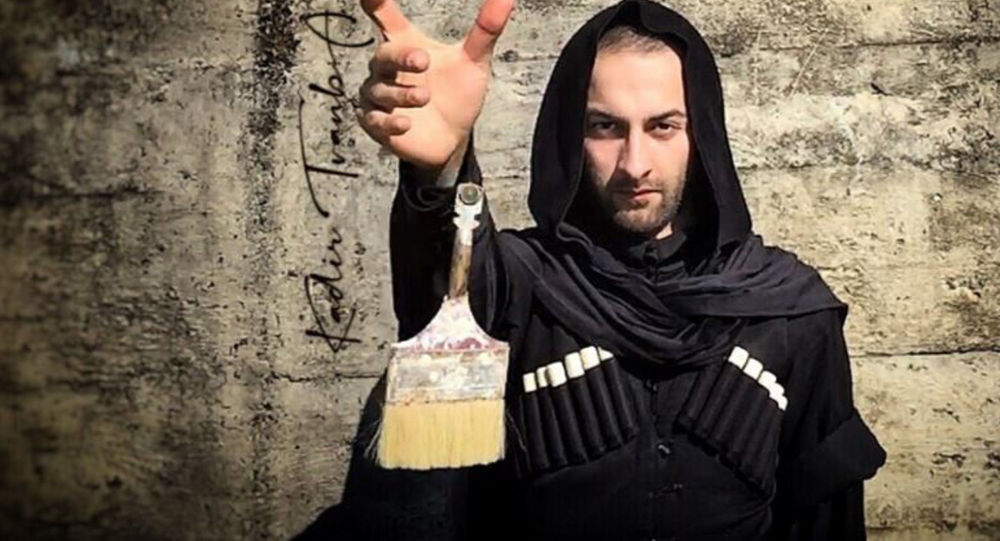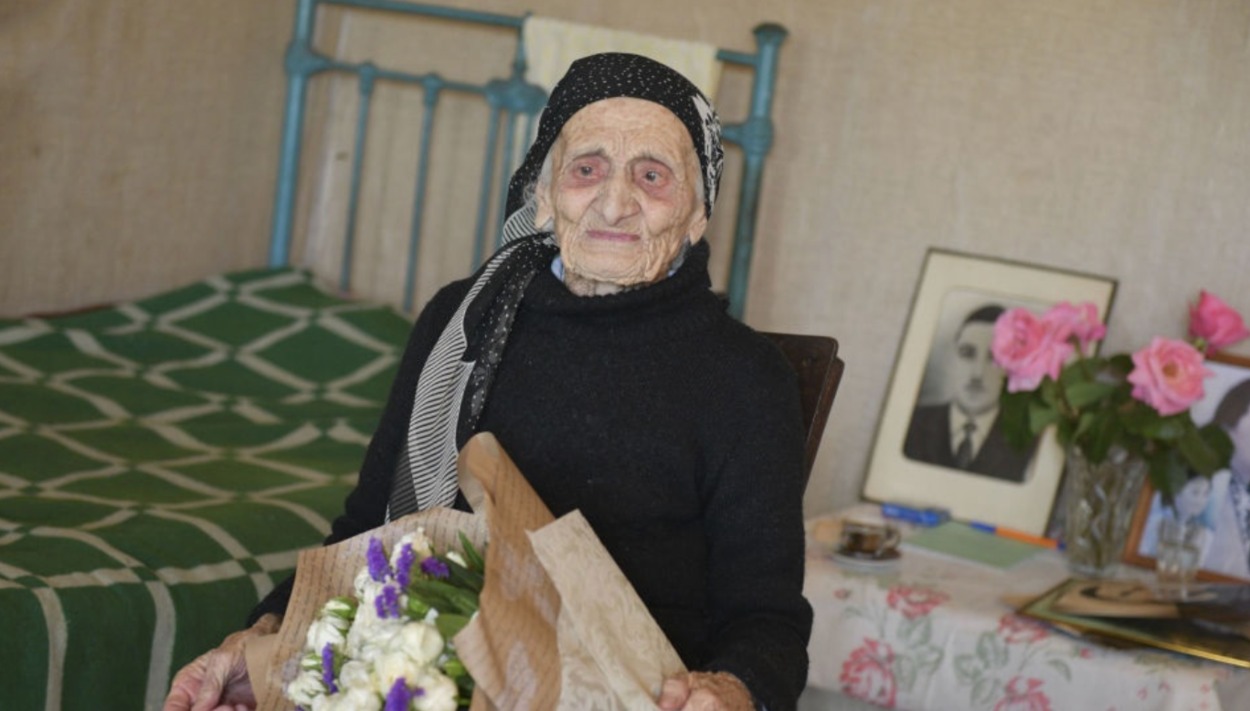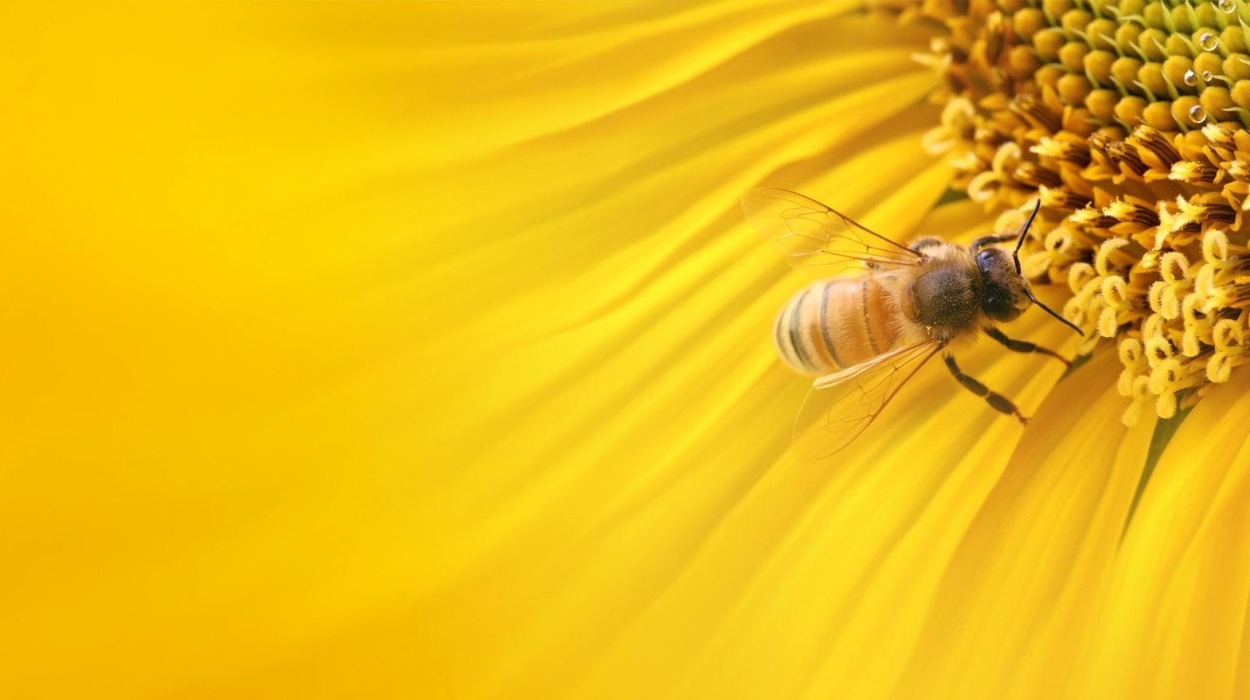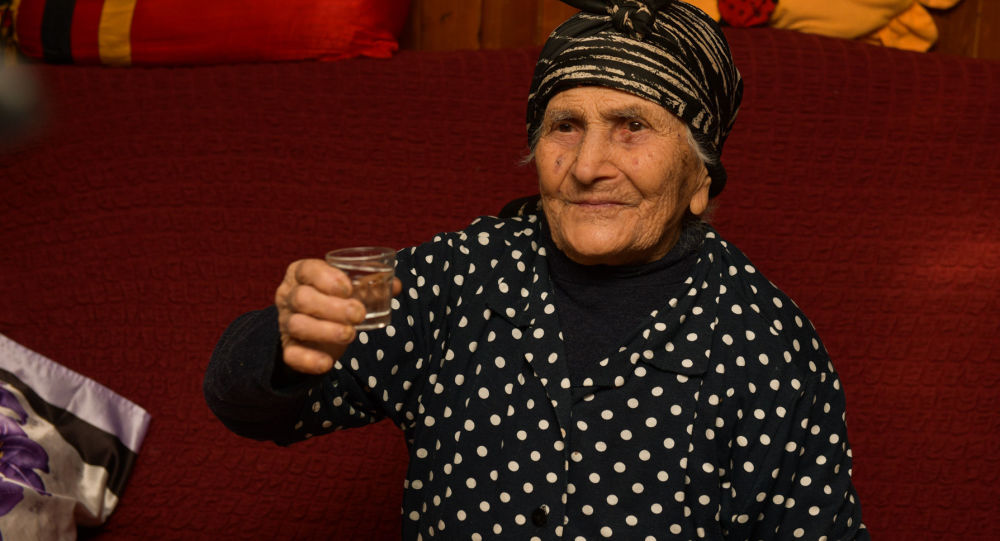Viacheslav Abukhba: Abkhazian philately: burnt rarities and American fakes

Postage-stamps of Abkhazia were issued for twenty years from 1993 to 2013, but after the fire at the Sukhum post-office their entire collection was lost.
As to how Eduard Pilia created the postal service of independent Abkhazia and American companies produced fake stamps, Konstantin Pilia, son of the general director of Abkhazsvjaz [‘Abkhazian Link’], and collector Viacheslav Abukhba explained to Sputnik correspondent Vladimir Begunov.
Read more …Viacheslav Abukhba: Abkhazian philately: burnt rarities and American fakes



